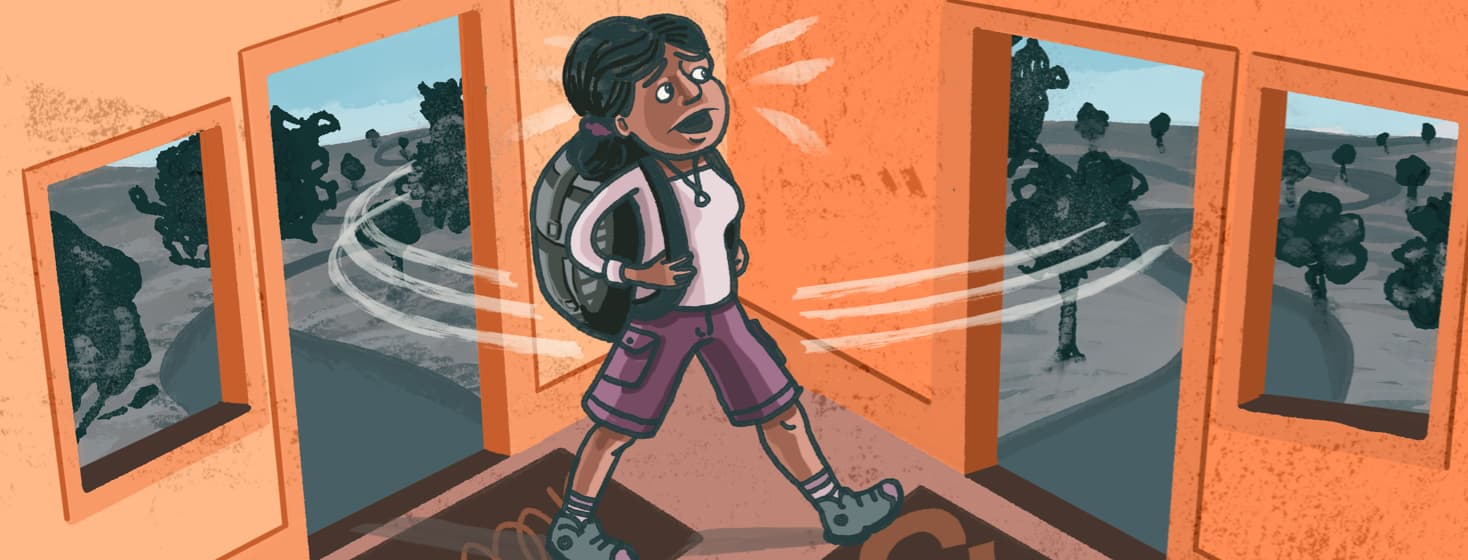Finally Diagnosed... Now What?
A rare disease is one that affects less than 200,000 people. Rare conditions are hard to diagnose because not much is known about them. A survey by the National Organization for Rare Disorders (NORD) found that of 1,108 people with rare conditions, 28 percent said it took at least 7 years to be diagnosed.1
However, after years of not knowing, what happens when you get diagnosed? You may feel relieved or perhaps overwhelmed. You may struggle with accepting this new label. There are actions you can take to help manage this new diagnosis and all that comes with it.
The initial impact
After such a long time without answers, you may think a diagnosis will bring relief. For many, it does. You may feel validated, powerful, and relieved that your mystery symptoms have a cause. But not everyone responds with relief. You may also feel:2
- Denial – You may struggle to accept your condition.
- Fear – Thoughts of how the disease could affect your life or shorten your life can be overwhelming.
- Worry – It may be hard to think about how your disease will affect your loved ones. You may wonder how you will manage the disease.
- Grief – You may long for the life you once had.
- Regret – You may regret choices you did or did not make.
- Shame – Being labeled with a disease may cause shame.
- Loneliness – You may feel like no one understands what you are going through.
There is no right or wrong way to handle this situation. It may take time to sort through your feelings. Acceptance may be hard.3
What if I am struggling?
Creating a community of support can help. Looking outward for support instead of turning inward and isolating can be helpful. A survey of women with breast cancer found that creating a support system helped women feel more peaceful and satisfied 2 years after their diagnosis. You may find outward support through the following:3,4
- Family and friends
- Counseling
- Support groups
- Church or spiritual services
Talk about your struggles. Work toward acceptance however you need. In a survey of women with breast cancer, women who actively confronted their diagnosis were more well-adjusted 3 years later.4
How can I confront my diagnosis?
A diagnosis may make you feel powerless. But you can control your response. Some ways you can confront your diagnosis and empower yourself are:2,4
- Educate yourself – Learn as much as you can. Use trustworthy websites, books, and support groups for information. Write down any questions and ask your doctor.
- Make lifestyle changes – Choosing healthier meals, being active, and sleeping well can benefit your overall health. Avoid using alcohol, nicotine, and recreational drugs.
- Be an active part of your treatment – Work with your doctor to make a treatment plan. Ask questions and make suggestions to find the right plan for you.
- Manage stress – Find ways to cut stress. Stress worsens anxiety and depression and can also worsen other health problems. Yoga, meditation, and journaling have been shown to lower stress.
- Make time for fun – Find time for joy. It is easy to focus solely on your disease, but you are more than a diagnosis.
What if the diagnosis is wrong?
One of the challenging parts of having a rare condition is that misdiagnoses are common. NORD's survey found that 38 percent of people were misdiagnosed along their health journey. When little is known about a disease, it is easy to misinterpret symptoms or test results.1
If you think you have been misdiagnosed, talk to your doctor. Or you may get a second opinion or seek out a specialty clinic.
What about treatment?
Getting diagnosed with a rare disease can be life-changing. If your condition has treatment options, it can often take a while before treatment begins. Patience and a good understanding of the treatment timeline can help.
For some rare conditions, there is no treatment. This can be frustrating, but as doctors learn more, it is possible that treatments may emerge. Being well-informed and checking in with your doctor are good ways to know if treatments become available.
Some diseases may be terminal. If that is your case, your doctor may be able to manage any symptoms you are having. You can also ask about participating in any ongoing clinical trials if you are interested.
Getting a diagnosis can cause mixed emotions. For some, it may feel like one journey has ended but another is just beginning. Asking for support, educating yourself, and making lifestyle changes can help ready you for what happens next after your diagnosis.
How did you feel after getting diagnosed? Who or what has helped you cope with the feelings and emotions that come with finally getting answers? Share with us in the comments below.

Join the conversation